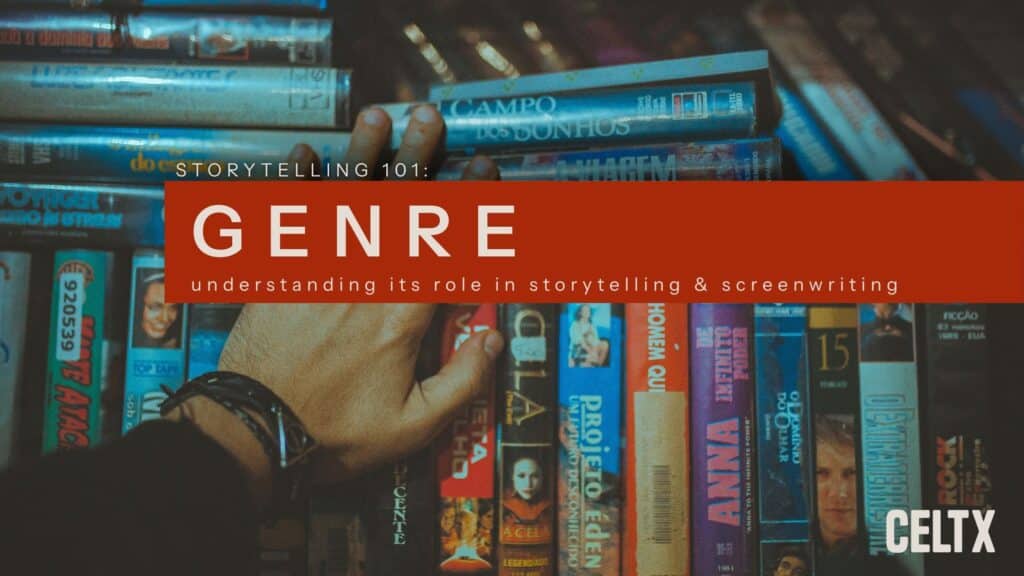
Whether you’re plotting a dystopian thriller or a heartfelt coming-of-age drama, one of the first (and most important!) decisions you’ll make as a screenwriter is this: What genre am I writing in?
Genre isn’t just a label slapped on your script to help it find a home on a streaming platform. It’s more than that! It’s the heart of your story’s identity.
Genre shapes your characters, your tone, your structure, and even your audience’s expectations. And if you’re serious about screenwriting, understanding genre is essential.
In today’s blog we’re talking about, you guessed it, genre! Get ready for your definitive guide to genre in screenwriting. We’ll explore what it is, why it matters, how to use it, and how to bend it to your will.
Let’s get started…
Table of Contents
- What is Genre, and Why Does it Matter?
- The Function of Genre: A Contract Between Writer and Audience
- Common Film Genres and Their Conventions
- Mastering the Art of Screenwriting: Genre 101
- The Power of the Mashup
- Genre and Screenwriting
- FAQs
- Conclusion
What is Genre, and Why Does it Matter?
Genre is a storytelling framework. It’s a set of conventions including tropes, themes, tones, and structures that help audiences know what kind of emotional journey they’re signing up for.
Think of genre as a kind of shorthand. When someone hears ‘romantic comedy’, they expect witty banter, awkward meet-cutes, and a satisfying kiss in the third act. When they hear ‘horror’, they brace for tension, dread, maybe topping it off with a few sleepless nights.
For screenwriters, genre is both a creative compass and a marketing tool. It helps us:
- Focus on our storytelling choices (What kind of conflict? What kind of resolution?)
- Communicate with collaborators (directors, producers, actors)
- Position our scripts in the industry (pitching, festivals, competitions)
In short: genre gives our stories a home and helps it find its people.
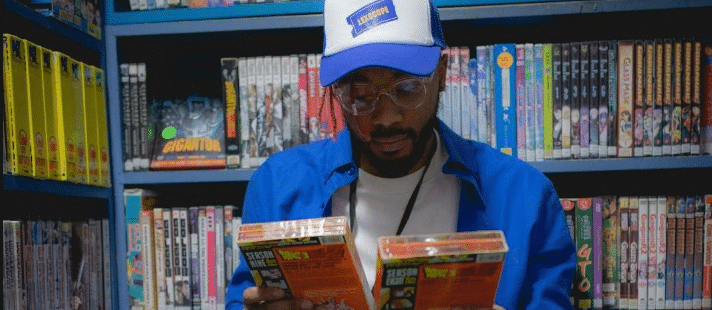
The Function of Genre: A Contract Between Writer and Audience
Here’s the thing about genre that often gets overlooked: it’s a promise.
When you write in a particular genre, you’re entering into a contract with your audience. You’re saying, “Here’s the kind of experience you’re going to have.” And if you break that promise without purpose or payoff you risk losing their trust.
Don’t get me wrong, that doesn’t mean you have the follow every rule to the letter. But it does mean you need to understand the rules before you break them. Audiences are savvy; they know when something feels ‘off’, even if they can’t articulate why.
So, whether you’re writing a gritty crime drama or a whimsical fantasy, ask yourself this: what am I promising my audience? And am I delivering on that promise?
If you want to explore the origins of genre further, then this journal article by Tzvetan Todorov is essential reading. Click here to find out more.
Common Film Genres and Their Conventions
Let’s break down some of the most popular film genres and what makes them tick. We’re even throwing in some standout examples of each!
Action
Core Conventions
High stakes, physical conflict, fast pacing, clear heroes and villains.
Audience Promise
Adrenaline, spectacle, and a satisfying showdown.
Examples
Film: The Raid, Skyfall, Atomic Blonde, The Equalizer
TV Shows: Strike Back, Banshee, Warrior, Bodyguard
These stories are all driven by physical intensity, often featuring lone heroes, tactical showdowns, and relentless pacing.

Comedy
Core Conventions
Exaggeration, misunderstandings, irony, and timing.
Audience Promise
Laughter, levity, and often a deeper truth beneath the jokes.
Examples
Film: Palm Springs, The Nice Guys, Death at a Funeral, In the Loop
TV Shows: Derry Girls, What We Do in the Shadows, The Good Place
All these comedies range from absurdist to satirical, but all use humor to explore human behavior and social norms.

Drama
Core Conventions
Emotional depth, character-driven conflict, moral dilemmas.
Audience Promise
Catharsis, connection, and a mirror to real life.
Examples
Film: The Lost Daughter, Aftersun, A Separation, The Wrestler
TV Shows: Rectify, The Leftovers, Unorthodox, Somebody Somewhere
Dramas tend to be emotionally rich, often slow burning, and deeply character-focused, exploring grief, identity, and transformation.
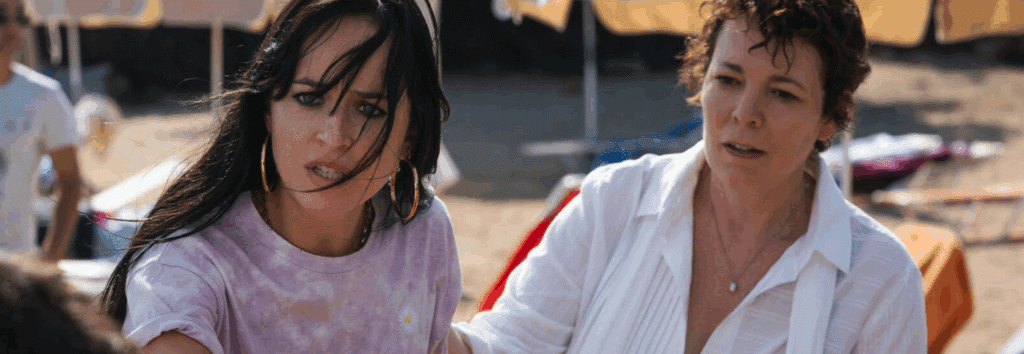
Science Fiction
Core Conventions
Futuristic tech, speculative worlds, philosophical questions.
Audience Promise
Wonder, imagination, and a lens on humanity.
Examples
Film: Coherence, Aniara, Prospect, I am Mother
TV Shows: Counterpart, Dark, Foundation, Tales from the Loop
Sci-fi stories lean into speculative ideas, alternate realities, and philosophical dilemmas, often with a grounded or cerebral tone.

Horror
Core Conventions
Fear, suspense, isolation, the unknown.
Audience Promise
Tension, thrills, and a safe space to confront our darkest fears.
Examples
Film: The Autopsy of Jane Doe, Saint Maud, It Follows, The Night House
TV Shows: Channel Zero, Marianne, From, Servant
Horrors span psychological, supernatural, and body horror, often using atmosphere and ambiguity to unsettle its audience.
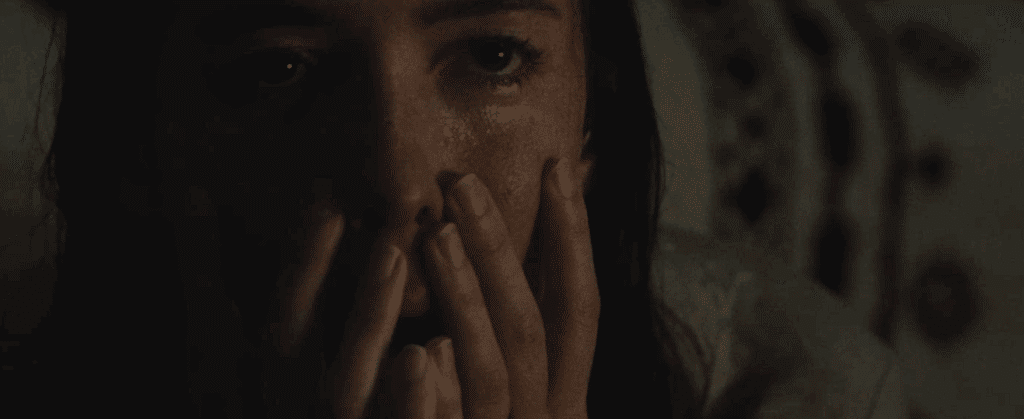
Romance
Core Conventions
Emotional stakes, chemistry, obstacles to love.
Audience Promise
Heartfelt connection and (usually) a happy ending.
Examples
Film: Portrait of a Lady on Fire, The Half of It, Brooklyn, Columbus
TV Shows: Love Life, Modern Love, Normal People, Crash Landing on You
Romances explore love in all its complexity across time, culture, and emotional nuance, often with a strong visual or literary sensibility.

Of course, there are many more genres, from thrillers to fantasy and musicals to biopics, but these are the foundational pillars. Master these, and you’ll have a solid genre vocabulary to build from.
Mastering the Art of Screenwriting: Genre 101
Want to dive further into a specific genre? Well, you’re in luck, because our Mastering the Art of Screenwriting series is waiting. We have a guide for every genre:
🔗 From Zero to Hero: How to Write an Action Movie Script
🔗 Laugh Out Loud: How to Write a Comedy Script
🔗 From Tears to Triumphs: How to Write a Drama Script
🔗 Beyond the Stars: How to Write a Science Fiction Script
🔗 From Dreams to Screams: How to Write a Horror Script (Part 1 and Part 2)
🔗 How to Write a Romance Script that Sweeps Audiences Away
But before you get too engrossed in your chosen genre, let’s look at the mashup!
The Power of the Mashup
Now here’s where things get really fun!
Some of the most memorable films in recent years have come from genre mashups; stories that blend two or more genres to create something fresh, surprising, and emotionally layered.
Think about it:
⚫️ Rom-Com: When Harry Met Sally, Crazy Rich Asians

⚫️ Sci-Fi Western: Westworld, The Mandalorian

⚫️ Horror-Comedy: Shaun of the Dead, Get Out
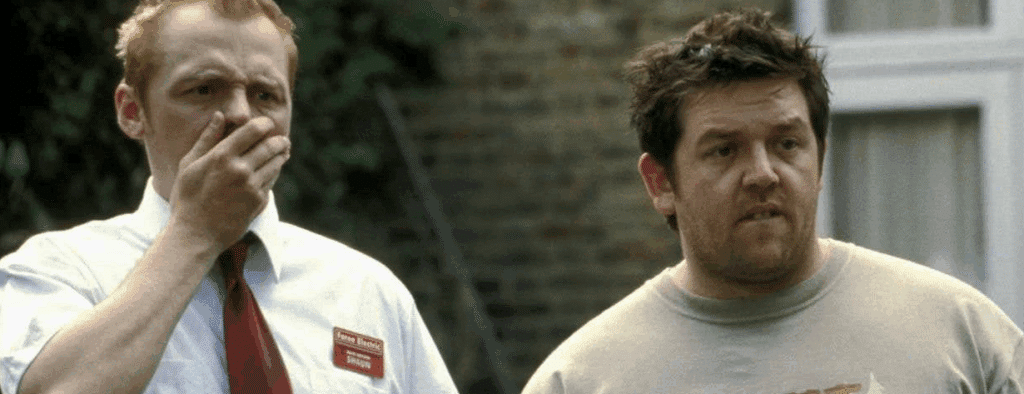
⚫️ Fantasy Drama: Pan’s Labyrinth, The Shape of Water
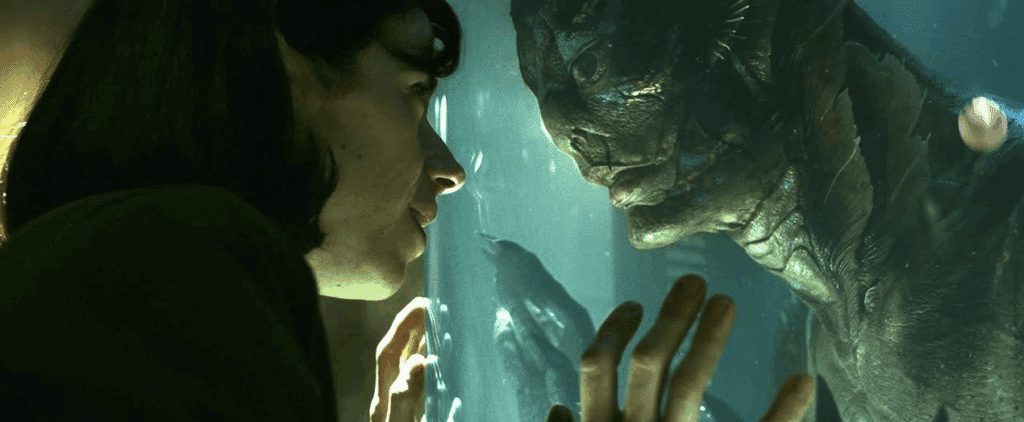
Genre-blending allows you to subvert expectations while still delivering on the core emotional beats your audience craves. It’s also a great way to stand out in a crowded market.
Just remember even in a mashup, one genre usually takes the lead. Know which one is your story’s spine and let the others support it.
And, if we haven’t given you enough of the best examples of each genre, then Meier Movies has got you covered with their comprehensive list: The Top Ten Feature Films by Genre.
Genre and Screenwriting
Okay, all this stuff is great and everything, but how do you actually use genre when writing your screenplay? This is why we’re all here, right?
Here is our five-step approach to using genre the right way:
1. Choose Your Primary Genre
Start by identifying the emotional experience you want to create. Is it fear? Laughter? Awe? That’s your genre foundation.
2. Study the Conventions
Watch films in your chosen genre. Read scripts. Notice the patterns in story structure, character types, visual motifs and dialogue rhythms.
3. Use Conventions as Tools, Not Crutches
Genre conventions are there to guide, not limit. Use them to shape your story, but don’t be afraid to twist them in unexpected ways.
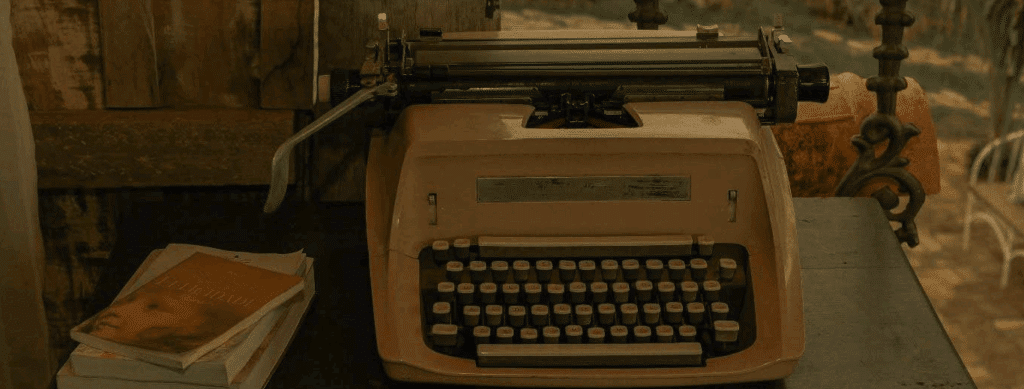
4. Signal Your Genre Early
Your opening pages should clearly establish the genre. This helps readers, producers, and audiences know what kind of story they’re stepping into.
5. Deliver the Emotional Payoff
Whatever your genre, make sure you’re delivering the emotional experience it promises. That’s what keeps audiences coming back.
FAQs
While there’s some debate, the five most commonly cited are:
– Action
– Comedy
– Drama
– Horror
– Science Fiction
These serve as umbrella categories for countless subgenres and hybrids.
A genre mashup is a story that blends two or more genres, like a romantic comedy or a sci-fi thriller. It allows writers to explore fresh territory while still grounding the story in familiar emotional beats.
Absolutely, but be strategic. If your story defies genre, make sure it still delivers a clear emotional arc. And be prepared to explain its tone and audience in your pitch.
A genre is a broad category (e.g., horror), while a subgenre is a more specific flavor within that category (e.g., psychological horror, slasher, supernatural horror). Subgenres help you fine-tune your story’s tone and audience.

Conclusion
Genre is more than a label; it’s a creative playground. It gives you a framework to build within, but it doesn’t have to be a cage. In fact, the most compelling stories often come from writers who understand genre deeply and then push its boundaries with intention and flair.
Whether you’re writing a tight psychological thriller or a sprawling sci-fi romance, genre helps you shape your story’s tone, structure, and emotional core. It’s how you communicate with your audience before they’ve even read a word of your script. It’s how you signal what kind of journey they’re about to take.
But here’s the secret: genre is just the beginning. Once you’ve mastered the conventions, you can start to play. You can twist expectations, blend styles, and create something that feels fresh and personal. You can write a horror film that makes people cry, or a comedy that makes them think. You can take familiar ingredients and cook up something entirely new.
So don’t be afraid to experiment. Watch widely. Read scripts across genres. Ask yourself what kind of emotional experience you want to create and then use genre as your toolkit to build it.
And remember: every genre has room for your voice. Whether you’re drawn to gritty realism, magical worlds, or sharp satire, there’s a place for your story. The key is to be intentional. Know what you’re promising your audience, and deliver it with heart, clarity, and craft.
Ready to start writing in your favorite genre? Start with Celtx free today.
Up Next:

Exploring Sub-Genres
Once you’ve nailed the basics of genre, dive deeper into the sub-genres that make stories stand out. Learn how blending categories can give your screenplay a fresh twist.
